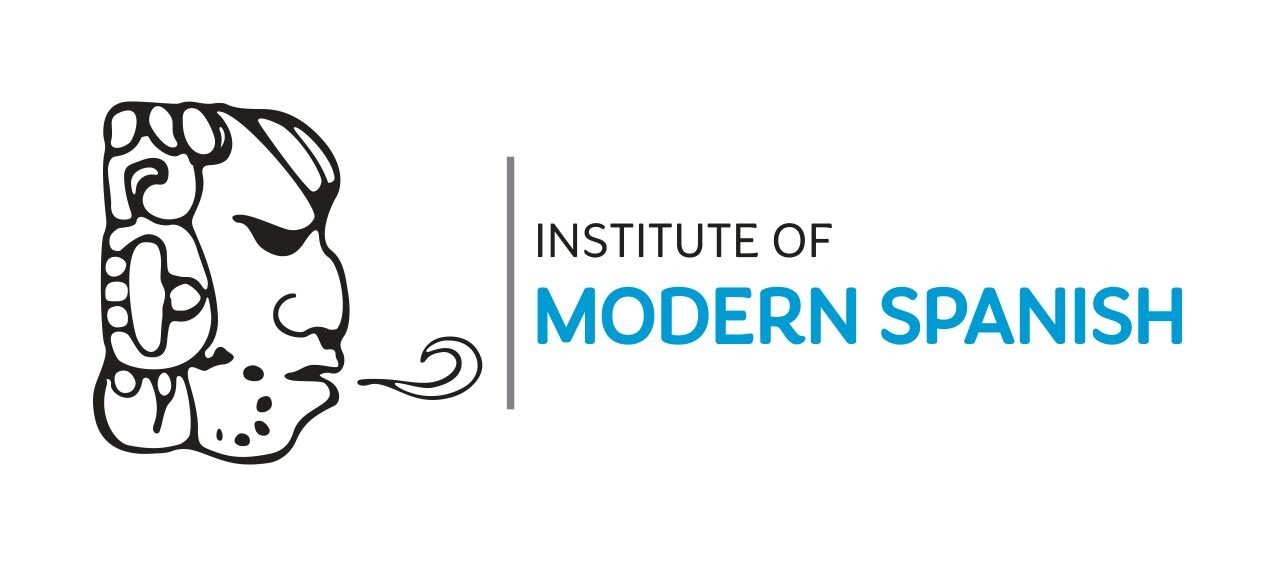Bomba!
Imagine you are at a regional “vaquería” (hacienda cattle festival), when suddenly, in the middle of the music of the “jarana” and the swaying of the colorful hipil dresses of the Mestizas, a masculine voice yells “Bomba!” and the music suddenly stops! Don’t worry, it’s not a bomb! At least not the explosive kind. Well, yes, explosive, but not dangerous! When silence falls, the Mestizo dancer begins to recite an ingenious short rhyme and the people respond: “Bravo!” amidst applause and laughter, and then the music continues…
This is one of those moments where, if you don’t speak Spanish, you will not understand the literal meaning of what is said; but don’t worry: laugh along with everyone else and enjoy the moment.
Although originally the intention of the “bombas” was merely romantic and followed couple-related topics, today they have evolved to the point where they may include political, social, or cultural themes, possibly criticizing some event, past or present.
Here is an example of a “bomba” written in Maya, with its respective translation, followed by some popular “bombas” of recent times. Note: when translated from Spanish to English, the rhyming and the double meanings will mostly be lost; but this gives you an idea of the subject matter which might be touched upon.
In yakumech bey u tuklel in nekich
tumen a kichpanil bey u sasil kine
bali wa ka yakumen kichpan sakpakal
hebix in yakumech tu tsu in puksikale
Translation:
I love you as the pupils of my eyes
Because your beauty is like the light of the sun
If only you could love me, my precious dove,
As I love you from the bottom of my heart.
Other examples:
1.
In the tiny mouth of the flower
Which God has given you
There is no lower (inferior) lip
Only two upper (superior) ones.
2.
With this precious terno (Mestiza dress)
As beautiful as it is
From now on you will be
My eternal love.
Tell your mother
That I must be her son-in-law (“yerno”, which rhymes with “terno”).

